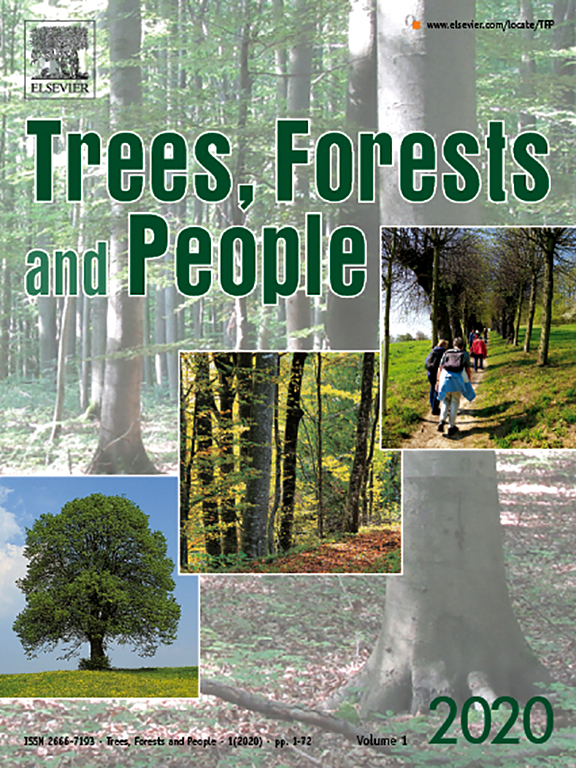Farmer Managed Natural Regeneration (FMNR) comprises a set of practices used by farmers to encourage the growth of native trees on agricultural land. FMNR is reported to deliver a number of positive impacts, including increasing agricultural productivity through soil fertility improvement and feed for livestock, incomes, and other environmental benefits. It is widely promoted in Africa as a cost-effective way of restoring degraded land, that overcomes the challenge of low survival rates associated with tree planting in arid and semi-arid areas. Despite being widely promoted, the evidence for these bold claims about FMNR has not been systematically analyzed. This paper reviews the scientific evidence related to the contexts in which FMNR is practiced across sub-Saharan Africa, how this influences the composition of regenerating vegetation, and the resulting environmental and socio-economic benefits derived from it. This reveals that quantitative evidence on FMNR outcomes is sparse and mainly related to experience in the Maradi and Zinder regions of Niger. There is little mechanistic understanding relating how context conditions the diversity and abundance of regenerating trees and how this in turn is related to ecosystem function and livelihood benefits. This makes it difficult to determine where and for whom FMNR is an appropriate restoration technique and where it might be necessary to combine it with enrichment planting. Given the need for viable restoration practices for agricultural land across Africa, well beyond the climatic and edaphic contexts covered by existing FMNR studies, we recommend research combining functional ecology and socio-economic assessments, embedded as co-learning components within scaling up initiatives. This would fill key knowledge gaps, enabling the development of context-sensitive advice on where and how to promote FMNR, as well as the calculation of the return on investment of doing so.
DOI:
https://doi.org/10.3389/ffgc.2020.571679
Dimensiones Recuento de citas:

Año de publicación
2020
Autores
Chomba, S.; Sinclair, F.; Savadogo, P.; Bourne, M.; Lohbeck, M.
Idioma
English
Palabras clave
farmers, conservation, tree diversity
Geográfico
Mali, Niger, Nigeria, Burkina Faso, Ghana, Senegal, Chad, Kenya, Ethiopia, Tanzania, Zambia, Malawi, Sudan, Somalia

















